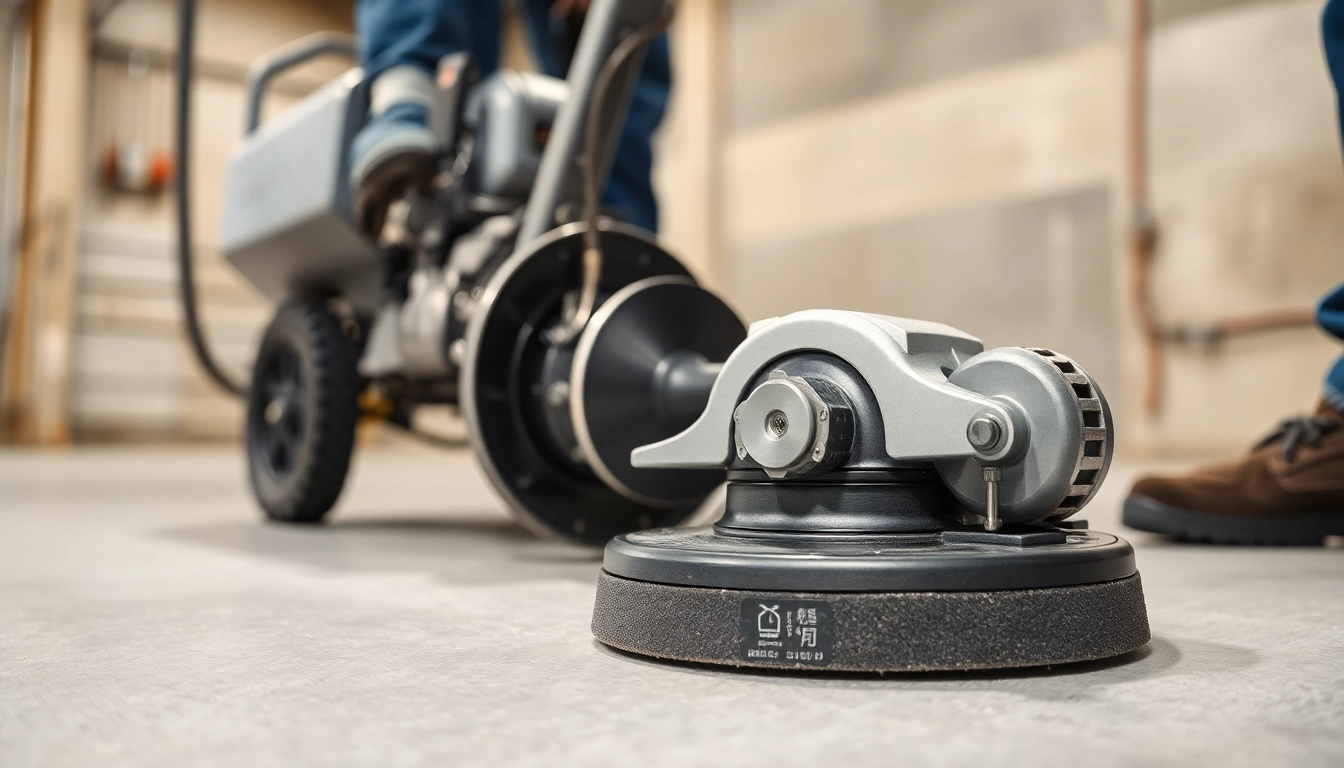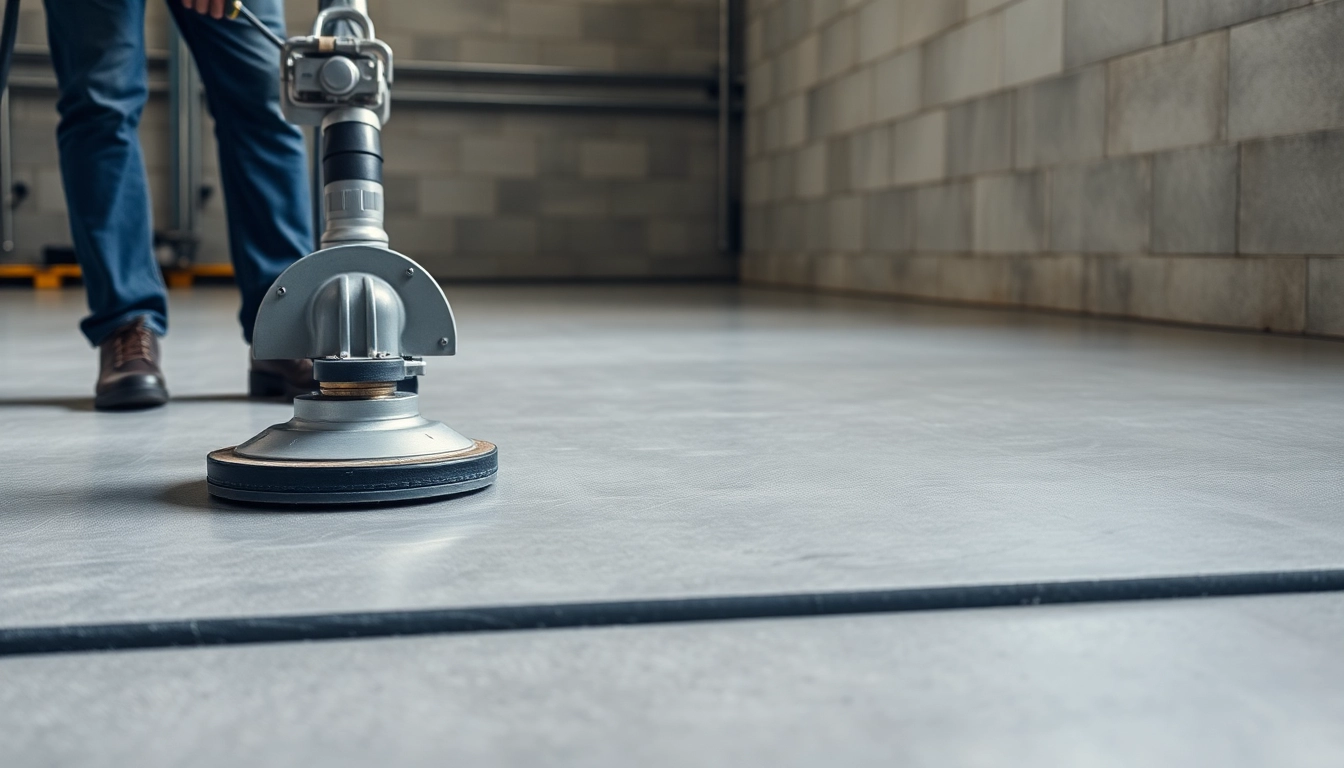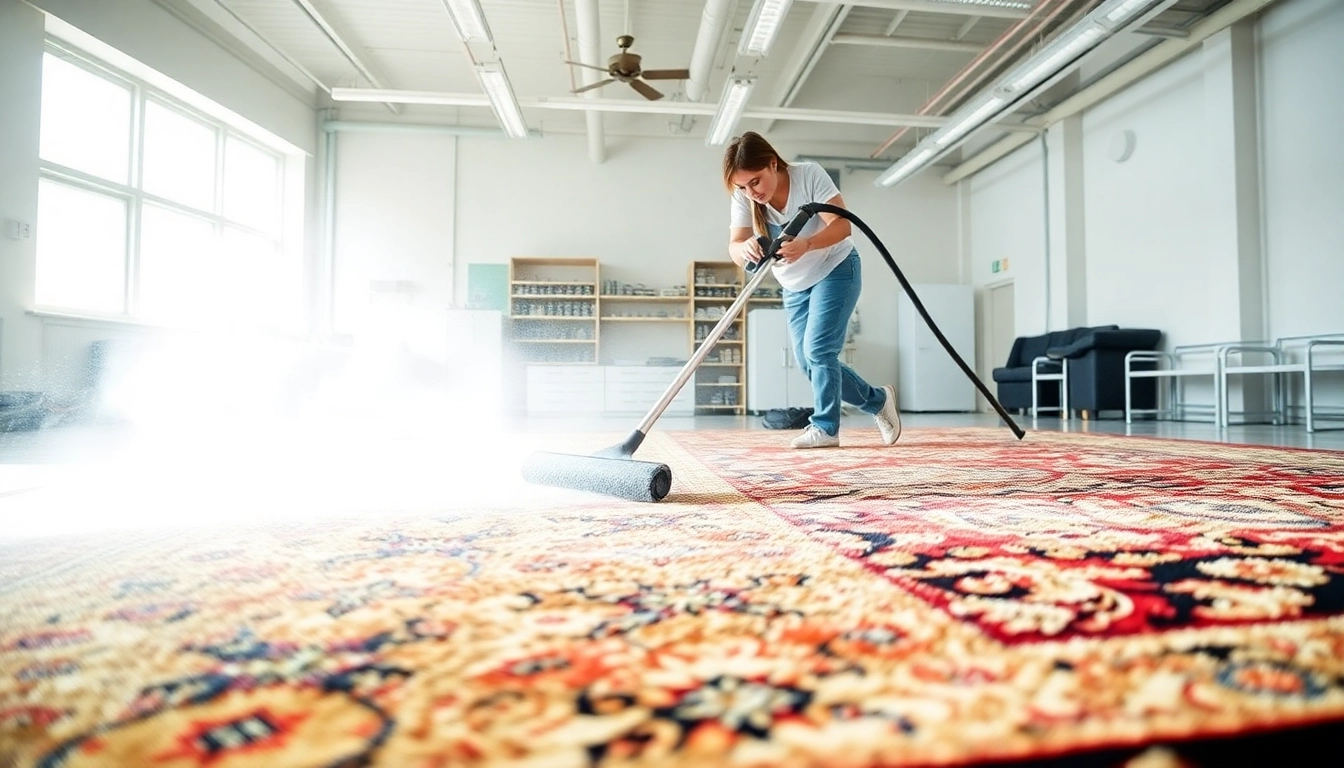
Understanding Floor Preparation in Birmingham: Why It Matters
When embarking on a flooring project in Birmingham, one of the most critical phases often overlooked is floor preparation. Proper prep ensures that your new flooring not only looks fantastic but also lasts for years without issues. Whether you’re installing hardwood, vinyl, epoxy coatings, or industrial surfaces, the foundation you lay down at the start will directly affect the final outcome. For residents and business owners in Birmingham, understanding the nuances of effective floor preparation is essential. It guarantees a seamless transition from surface to finish, minimizes costly repairs down the line, and enhances the overall quality and durability of your flooring investment.
To explore this vital aspect thoroughly, you can learn more about Floor preparation Birmingham services that deliver professional expertise for any project scope.
Key stages of professional floor prep
Comprehensive floor preparation involves multiple stages, each tailored to the specific surface and type of flooring to be installed. The typical process includes:
- Assessment and cleaning: Evaluating the existing surface for contaminants, cracks, or structural issues. Cleaning to remove dust, grease, and debris ensures good adhesion for subsequent layers.
- leveling and repair: Filling cracks, holes, or uneven patches with suitable compounds to create a smooth surface.
- Surface profiling: Methods such as grinding, shot blasting, or scarifying to roughen or smoothen the surface, depending on the flooring requirements.
- Laitance removal: Especially in concrete surfaces, removing laitance—weak, dusty layers—is crucial for ensuring proper bonding.
- Moisture testing: Checking for moisture levels that could compromise adhesives or coatings.
- Application of primer or bonding agents: To improve adhesion, especially for epoxy or resin-based systems.
Each preparatory step must be executed with precision to prevent future problems like delamination, uneven wear, or cracking.
Common issues without proper preparation
Neglecting proper surface prep can lead to numerous, often costly, issues. Inadequate cleaning or leveling may cause uneven floors, which compromise aesthetic appeal and safety standards. Residual contaminants like grease, oil, or old coatings hinder adhesion, resulting in peeling or bubbling coatings over time.
Furthermore, improper preparation can accelerate wear, leading to cracks, chips, or delamination of the flooring material. In industrial settings, this can mean compromised safety and increased downtime. Over the long term, the cost of repairs and reapplications far surpasses the investment in quality preparation upfront.
Impact on flooring longevity and quality
The longevity and performance of any floor depend heavily on the foundation laid during the preparation phase. Well-prepared surfaces promote maximum adhesion, stability, and even distribution of stress across the entire floor. This translates into increased resistance to abrasion, moisture, and chemical exposure.
For example, a properly shot-blasted concrete floor will better resist cracking and moisture infiltration, thus maintaining integrity for decades. Conversely, skipping preparation steps can result in premature failure, costly repairs, and the need for early replacement. In Birmingham’s diverse climate, including humid seasons, robust floor prep is especially crucial to prevent moisture-related damage like mold growth or delamination.
Types of Floor Preparation Techniques in Birmingham
Diamond grinding and shot blasting methods
Diamond grinding is a precision method used to level and smooth concrete and epoxy surfaces. It employs industrial diamonds attached to grinding heads to remove irregularities, laitance, or coatings, producing a surface that adheres well with new layers. Shock blasting, or shot blasting, propels steel beads or abrasive media at high velocity to clean and profile surfaces effectively. This technique is especially suitable for industrial floors where surface texture and cleanliness are paramount.
Both techniques are vital in Birmingham’s industrial and commercial sectors, ensuring surfaces meet strict standards for durability and safety.
Surface cleaning and laitance removal
Cleaning is the foundational step in any professional floor prep. It involves removing dust, oils, curing compounds, or old coatings that could interfere with adhesion. Laitance—weak, powdery residues resulting from concrete curing—is particularly problematic. Its removal, often via aggressive grinding or chemical treatments, ensures the substrate’s surface is chemically and physically receptive to primers, coatings, or adhesives.
Specialized prep for industrial and commercial floors
Industrial environments demand a higher standard of surface preparation. Rapid traffic, chemical exposure, and heavy loads mean that floors must be prepared with techniques like shot blasting combined with moisture mitigation. Additionally, layered systems such as epoxy overlays or resin-bound surfaces require meticulous profiling to prevent delamination and ensure uniform curing.
Choosing the Right Floor Preparation Partner in Birmingham
Qualifications and experience to look for
Selecting a reputable contractor is crucial. Look for companies with proven experience, industry certifications, and well-reviewed portfolios. In Birmingham, specialists like Lazercote and Impact Floors exemplify firms with deep expertise in industrial and commercial prep. Recognized accreditation from organizations such as the British Construction Equipment Association (BCEA) or ISO standards signals credibility.
How to evaluate service providers’ expertise
Evaluating expertise involves reviewing case studies, requesting detailed project proposals, and seeking client references. Confirm that the contractor understands the specific requirements for your floor type. Additionally, verify their familiarity with local Birmingham conditions—moisture levels, temperature fluctuations, and subfloor conditions all influence preparation methods.
Questions to ask before hiring a floor prep contractor
- What preparation techniques will you use for my specific flooring type?
- Can you provide references or examples of similar projects?
- How do you handle moisture issues and laitance removal?
- What safety and environmental protocols do you follow?
- What is the estimated timeline and cost for my project?
Cost and Timeline for Floor Preparation Projects in Birmingham
Average pricing models and factors affecting cost
In Birmingham, floor preparation costs typically range from approximately £2 to £8 per square foot, depending on factors such as surface complexity, materials used, and project scope. Complex projects involving chemical treatments, moisture barriers, or extensive repairs will naturally command higher prices. Additionally, industrial or commercial flooring prep, requiring specialized machinery and safety measures, can incur additional costs.
Typical project duration and scheduling tips
Most standard preparation projects take from one to five days. Larger industrial sites may require longer periods. To ensure seamless progress, schedule the prep work ahead of the final flooring installation, allowing for complete curing and thorough inspections. Weather conditions and access restrictions may affect timelines, so coordination with contractors is essential.
Ensuring quality within your budget and timeframe
Clear communication about your expectations and budget constraints helps your contractor tailor the scope appropriately. Request detailed written quotations and scope of work. Prioritize experienced local firms, as their familiarity with Birmingham’s specific conditions often leads to more efficient and reliable results, ultimately saving money in the long run.
Maintaining and Finalizing Your Floor Post-Preparation
Best practices for protecting freshly prepared floors
Once your surface is prepared, protecting it during the finishing stages is vital. Use appropriate coverings like plywood boards or plastic sheets to shield the surface from foot traffic, debris, or accidental impacts. If coatings or overlays are applied, wait for them to fully cure as per manufacturer instructions before any heavy use.
Coating and finishing considerations
Proper finishing enhances durability and appearance. Depending on your needs, options include epoxy resin, polyurethane, or commercial-grade sealers. Ensure compatibility with the prepped surface to maximize bonding and weather resistance. Expert application guarantees a seamless, long-lasting finish.
Long-term maintenance advice for durability
Regular cleaning with suitable tools and avoiding harsh chemicals extend your floor’s lifespan. For concrete or industrial floors, periodic resealing can prevent moisture ingress and surface wear. Addressing minor damages promptly preserves the integrity of the floor, saving costs and maintaining safety standards over time.





